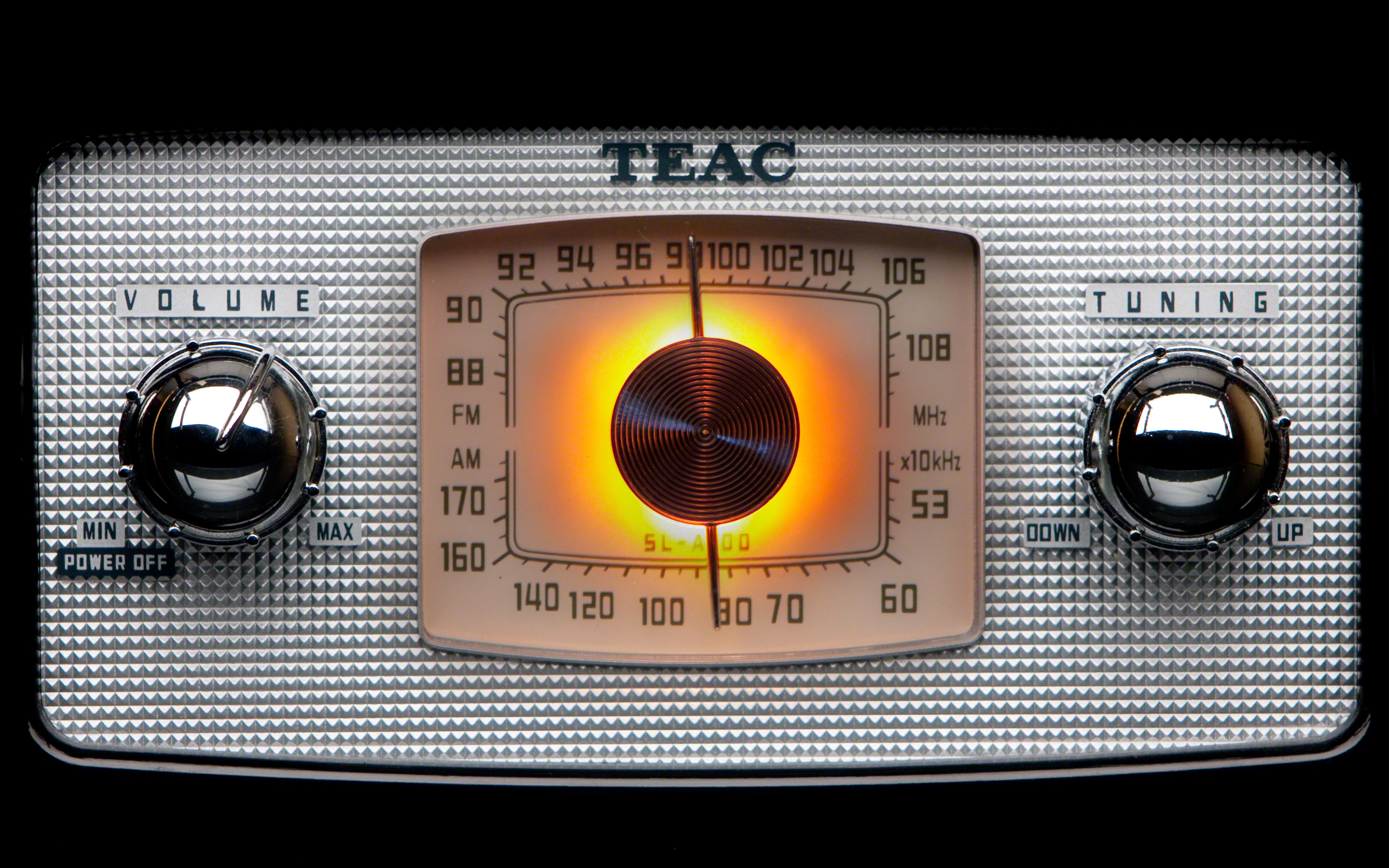
For a political `event' to acquire an `identity', it needs to be cast into a category with associated characteristics or features. It is argued that the main ideological function of drawing on such resources is that of framing/ reframing, controlling the various interpretations, public (re)formulations of the Romanian `revolution', disconnecting it from its controversial particulars and delegitimizing criticism. The analysis explores: (a) issues of agency, entitlement and working with regard to actual or possible alternatives (b) a pattern of recurring categorical incumbency shifts (c) managing the authenticity and the true nature of the `event' through invoking category-bound knowledge and predicates commonsensically attachable to the notion of `revolution' and (d) formulating and orienting to the `events of 1989' as `revolution' and `foundational' moment in national history. A critical discursive psychological approach to analyzing political discourse is used to examine commemorative addresses in the Romanian parliament. The definitive version is available at: This article examines the production and management of an ideological representation of a specific political `event': the Romanian `revolution' of 1989. This article was published in the journal, Discourse & Society. Through an analysis of recent media representations in which RFE figures, such as Cold Waves, this study also looks at how RFE shaped personal memories of communist times. At such critical historical moments, the connection became visible. The rituals that developed around the secrecy which governed the listening process, the personal requests, attitudes, and opinions expressed in letters to RFE, and oral and written testimonies, coupled with the disproportionate and, at times, extreme reactions of the communist state, together reveal the carving out of individual spaces that allowed for the preservation of the “self” during Nicolae Ceausescu's dictatorship.

The paper focuses on the circulation of knowledge, media confluences, and human agency. Drawing largely on the RFE archives at the Vera and Donald Blinken Open Society Archives (OSA) and the former secret police files at the National Council for the Study of the Securitate Archives (CNSAS), it investigates how radio waves mediated and channeled information while preparing people to embrace political and cultural change.

This paper analyzes the role of RFE in everyday life in the strictly controlled Romanian communist state by looking at the broadcasts of RFE's Romanian Department, their audience, and their impact. During the communist era, Radio Free Europe (RFE) was Romania's favorite radio station.


 0 kommentar(er)
0 kommentar(er)
